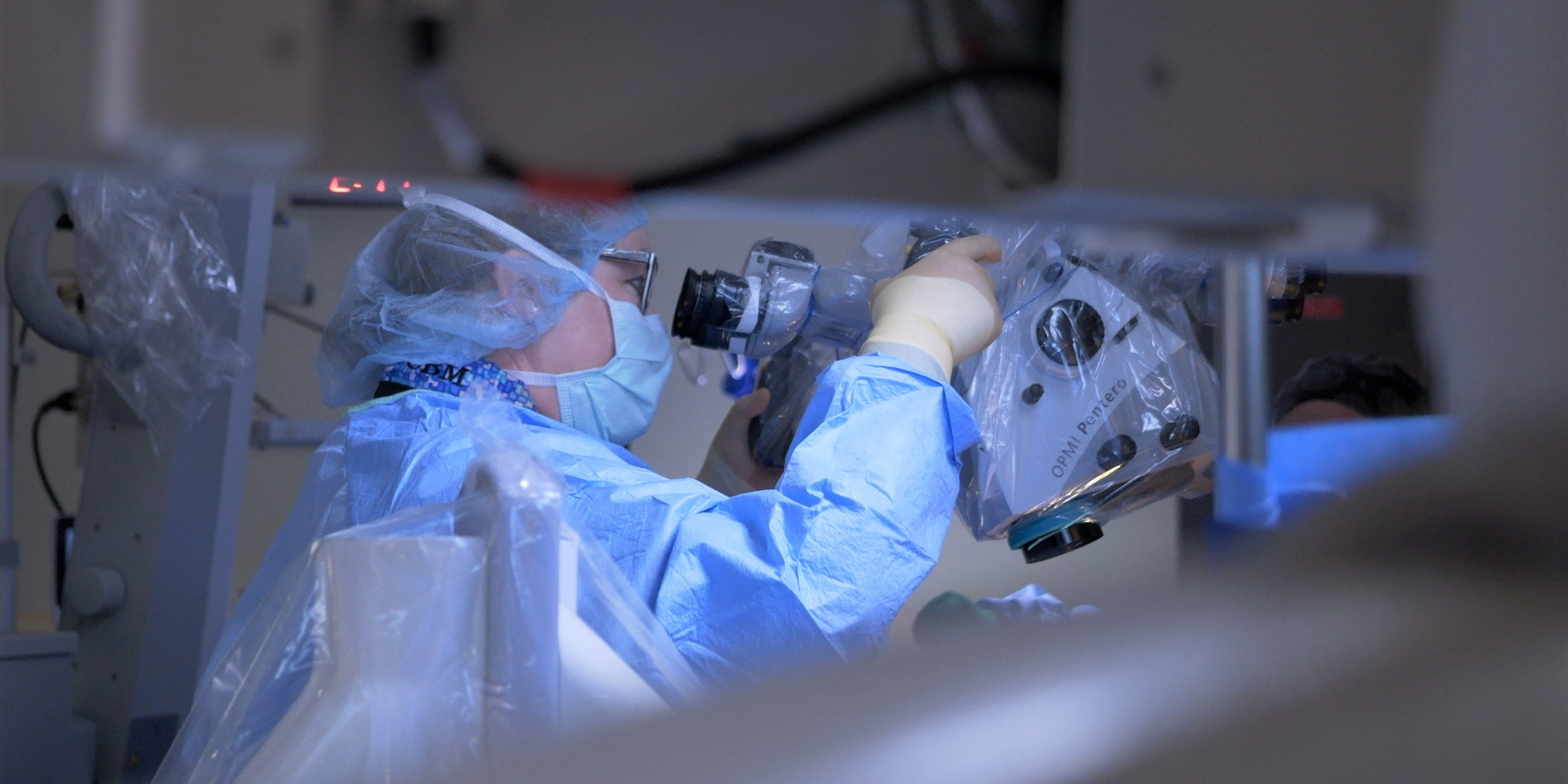
I'm in a Gibbs Cancer Center clinical trial
We all know someone who has battled cancer. Some of us have even served as caregivers and encouraged loved ones through treatment. When a cancer patient is searching for the best treatment option, Gibbs Cancer Center & Research Center looks at clinical trials as an opportunity for cancer care.
The only way to find better methods to treat cancer is through clinical trials. Clinical trials are studies in the clinical setting that test new treatments on willing participants.
Without clinical trials, there would be no new medicines, no new medical devices, and no new diagnostics. There are many types of clinical trials available, including new ways to diagnose, treat and prevent cancer.
“The only way a new cancer drug gains FDA approval is through a rigorous study process,” said Timothy Yeatman, MD, director of Gibbs Cancer Center and president of Gibbs Cancer Center & Research Institute. “The main things we are looking for include effectiveness of the drug and treating the cancer, the side effects and the ability for the patient to tolerate the medication.”
Why should I participate in a clinical trial?
Dr. Yeatman calls patient involvement in clinical trials “selfless.”
“Patients have the advantage of helping themselves and helping others too,” Dr. Yeatman said. “It is a way of making something good happen out of a devastating diagnosis. In that respect, the illness can be a positive experience.”
It's patient involvement that helps researchers uncover better ways to diagnose, understand, treat and prevent cancer.
Clinical trials are about hope for the future. Ask your doctor how you can participate in a clinical research study and if they are right for you. For more information, call 1-855-DNA-GIBBS.












